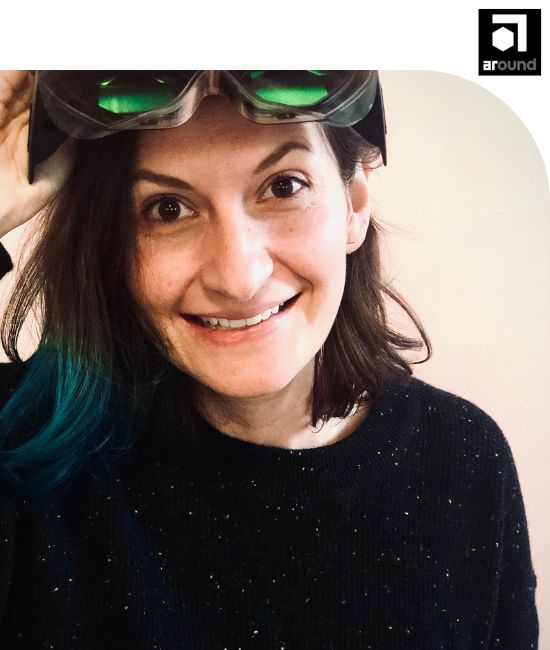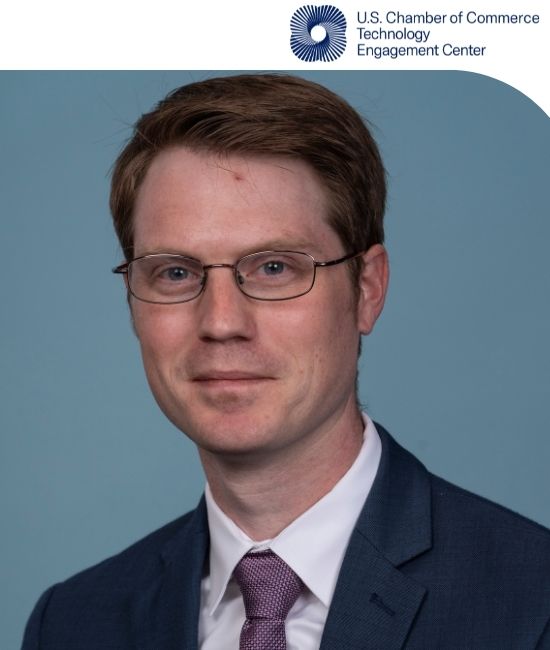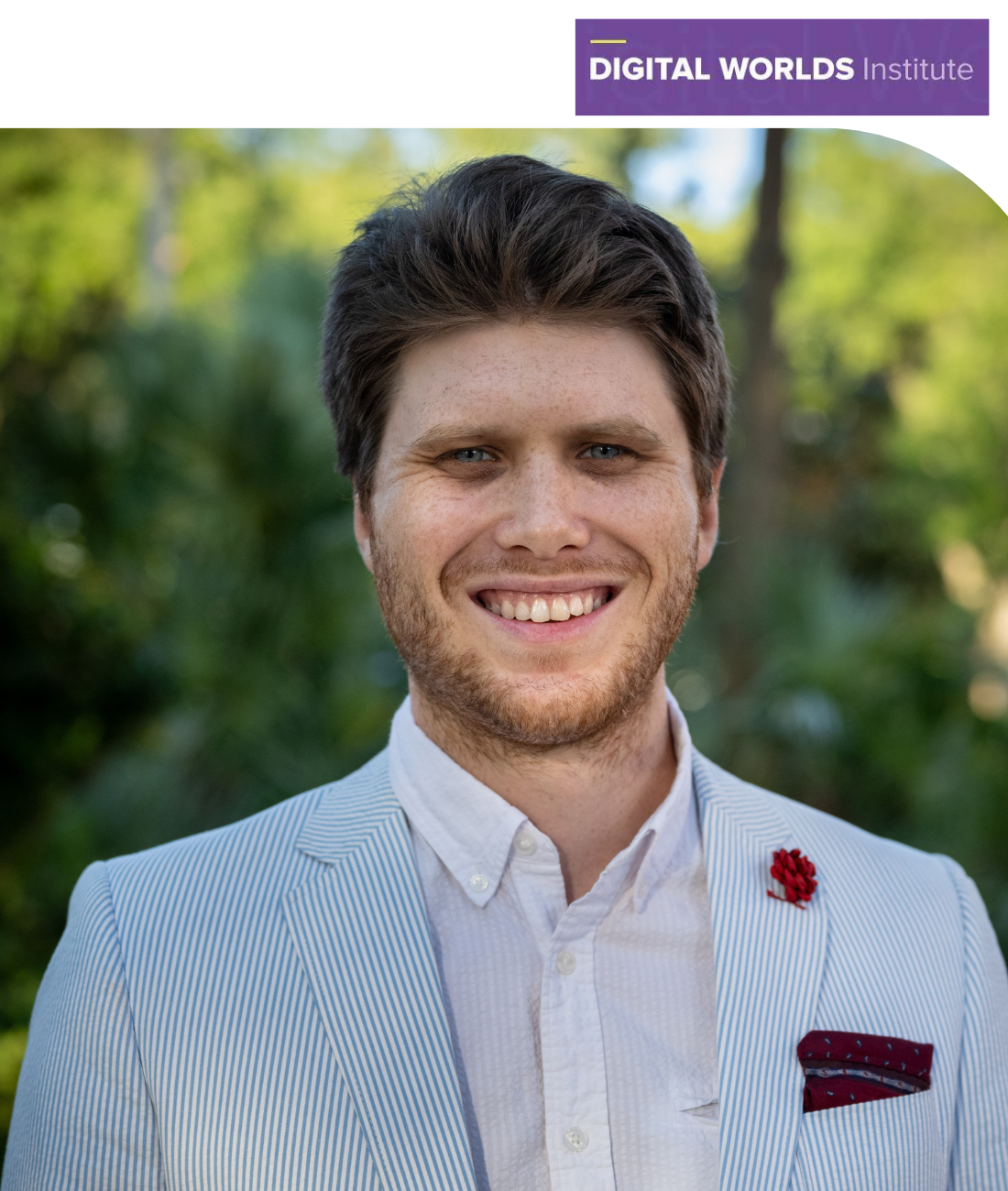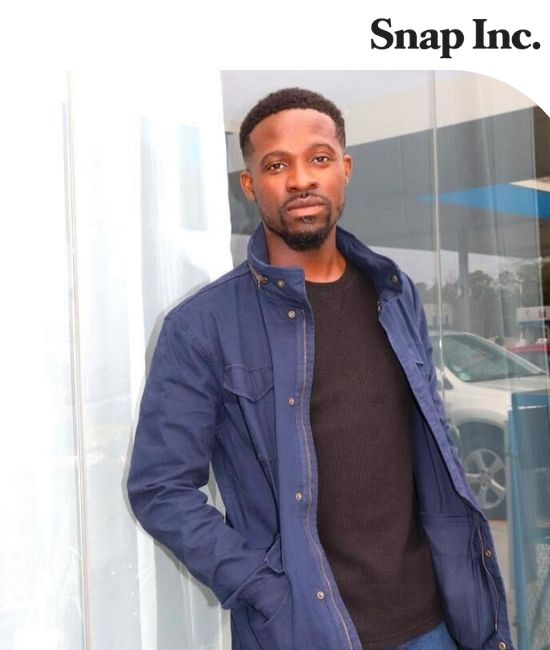01:30 PM - 01:55 PM
Description
Building digital twins of our environments is a key enabler for XR technology. In this session, we will cover a few works, which have recently been developed at InnoPeak Technology, on 3D reconstruction (building digital twins) from monocular images. We first present MonoIndoor, a self-supervised framework for training depth neural networks in indoor environments, and consolidate a set of good practices for self-supervised depth estimation. We then introduce GeoRefine, a self-supervised online depth refinement system for accurate dense mapping. Finally, we talk about PlaneMVS, a novel end-to-end method that reconstructs semantic 3D planes using multi-view stereo.
Speakers

02:35 PM - 03:00 PM
Description
Athena examines the correlation between the states of being outlined in Matthew Ball's 7 core attributes of the metaverse and the state of doing in the 10 Principles of Burning Man. Many XR company leaders talk about the need to responsibly and consciously build the metaverse. Athena outlines how our communal effort will create a foundational fabric for creative collaboration the metaverse.
Speakers

02:35 PM - 03:00 PM
Description
Ray tracing techniques improve graphics rendering qualities dramatically in recent years. In the coming few years, mobile chipsets will also support hardware accelerated ray tracing, which will bring a more visually believable virtual environment with realistic lighting and shadowing effects. It will become a major technique used in mobile gaming, augmented and virtual reality devices.
OPPO, collaborated with partners, began developing its ray tracing technology early in 2018 and had initially adopted a hybrid rendering method to gradually introduce ray tracing to existing mobile devices. This talk will introduce the short history of mobile ray tracing, forecast its trends in mobile devices and explore the potential applications.
Speakers

04:40 PM - 05:30 PM
Description
The Metaversities Project is a groundbreaking initiative to bring college campuses and classes into Virtual Reality. Spearheaded by VictoryXR and Morehouse College, which began offering courses in VR in 2021, the Metaversity Project has expanded to include 10 institutions of higher learning in 2022.
A Metaversity is a digital twin of a college campus where students can gather from any physical location as avatars to attend classes conducted by their professors in real time. Each offers a virtual replica of the campus that provides a sense of belonging and connection with the school. But each campus also opens up into worlds of possibility, classrooms that may be nothing like those in the real world but instead might be oceans, planets, cellular organisms, or fictional locations.
At a Metaversity, students can conduct chemistry experiments without danger, perform dissections repeatedly to gain a deeper understanding of anatomy, and experience historical events in a visceral way.
A Metaversity brings all the promises and affordances of virtual reality to actual higher education courses. Education in the metaverse is here, now.
This panel will delve into what a Metaversity is, how it works, outcomes and success stories, and the implications of this pioneering model for the future of higher education.
Speakers





04:40 PM - 05:30 PM
Description
While VR presents amazing opportunities for solitary experiences that can be fun and absorbing, we don’t generally seek out isolation when pursuing out-of-home entertainment. The shared emotions and memories we take away from successful social experiences in VR, whether communal, collaborative or competitive, can be extremely compelling and even cherished. With extensive experience in LBE (location-based entertainment), gaming, immersive experience design, technology development, user experience, and related financing, the panel will explore the growing importance being placed on immersive social experiences in the VR/AR-for-LBE space, for both shared-location and virtual group experiences. We’ll also discuss the affiliated technologies, platforms, and methods of user engagement, communication, and gamification that are fueling the most impactful LBE-VR/AR experiences.
Speakers




02:05 PM - 02:30 PM
Description
As part of a DoD project, Deloitte recently built a successful 5G Infrastructure and a multitude of technologies built on top adding measured value to one of the largest military branches in the US. In this talk we'll discuss AR, Edge Compute and the impact 5G is having actively across dozens of bases in the Military today and where we see the future of xR going beyond the current 'Metaverse' buzz.
Speakers

05:05 PM - 05:30 PM
Description
Join us as we talk about what’s next for MRTK. In this talk, we’ll reflect on MRTK v2, identify the themes we are focusing on in MRTK3, and give you a sneak peak of what is to come!
Speakers

10:40 AM - 11:05 AM
Description
Emerging technology looks to reshape not just what entertainment is, but how we connect and work with each other everyday. This presentation will include intersectional minorities in emergent VR and AR development to discuss the steps needed towards creating for equity instead of only equality. It will serve as an educational opportunity to guide newcomers and veterans alike to practice inclusive frameworks throughout every stage of a project's life cycle. Our discussion will innovatively push the boundaries of how people perceive the metaverse and its potential impact on the VR/AR community.
Speakers



09:00 AM - 09:55 AM
Description
At the heart of every successful Augmented Reality(AR) experience, is solid storytelling that leaves the user with an emotional connection to the brand. Consumer demand for a personalized experience and emotional realism to content has been a major driver for AR experiences. However, capturing lifelike, digital recreations was limited. Volcap enables AR to break free from the frame and into fully immersive worlds, creating authentic, realistic experiences for the user across multiple verticals including entertainment, sports, training, enterprise, gaming, and more. How do you tell your brand story in AR using VolCap? Join our panel as they discuss how AR has taken the reins using VolCap to create personalized experiences for consumers, while providing brands with the ultimate immersion.
Speakers



01:55 PM - 02:20 PM
Description
Companies spend millions of dollars every year on using 3D & 2D software and have to sacrifice many hours of highly skilled time to create usable 3D assets. This not only creates a barrier to entry but also makes 3D content creation non-sustainable, not scalable, expensive and very time consuming.. Companies further have to invest (and have invested) heavily in automation and modern 2D to 3D techniques such as photogrammetry to fix the common problems that arise with a variety of categories and asset types, often needing an extensive last mile edit by highly skilled 3D artists to complete the asset for commercial use. Join Daniel Frith (Vice President of 3D) from Avataar as he expands upon the advancements in Neural Radiance Field technology (NeRF) and how this will democratize 3D, introduce scale and disrupt the 3D industry.
Speakers

09:00 AM - 09:55 AM
Description
Advances in XR technology raise important socio-technological issues – not the least of which is the potential for unprecedented insight into users’ behaviors, preferences, and mental processes.
That said, however, the adoption of XR technology need not and should not be an “us (the consumer) versus them (the industry)” scenario. Instead, industry and civil rights advocates should work together to tackle privacy challenges and ensure we get forthcoming policies and best practices right. Because XR is still relatively nascent, we have the opportunity to avoid mistakes of the past and develop this technology with a more informed, cleared-eyed approach. The XR industry and XR users should be partners in this process.
This panel will explore the ways in which the XR industry, civil society, policymakers, and other stakeholders can work together to advance the greater good. We will discuss the influence of civil society; the role of law and policymakers; the science behind XR technology and the challenges privacy by design presents to engineers; and the opportunity for industry to help lead the way.
Speakers





11:30 AM - 11:55 AM
Description
Building AR apps poses a unique challenge for developers because they must account for dynamic environments and objects. In this session, we’ll show you how a simulation feature coming to Unity’s AR Foundation can help solve those challenges and increase development speed. You’ll also hear from a team of University of Florida developers about how they used Unity to build an XR app that helps reduce vaccine hesitancy by using body-tracking features and simulation.
Speakers




01:30 PM - 02:00 PM
Description
We are rapidly entering the world of augmented intelligent reality where experiences are built at an intersection of the real and digital worlds. In this talk we will share some amazing success stories: discover how Passio is using Unity to build game-changing experiences by combining AR with AI that runs on user devices to transform fitness, healthcare, home remodel and other industries. Join us and be inspired to create the world of your dreams using the next wave of AI and AR technologies.
Speakers

02:55 PM - 03:20 PM
Description
Designing a wearable AR device that is wearable and comfortable for extended periods of time requires deep understanding of users, including how and where they will be using it. Within the global population we find many differences in the factors that drive fit & comfort in AR, which presents a substantial challenge to design. Danny will discuss several aspects of human anthropometry, along with the concepts of Fit Mapping and Fit Testing as they apply to designing wearable devices for a global audience.
Speakers

02:05 PM - 02:30 PM
Description
Learn how to use Unity’s XR Interaction Toolkit to build AR/VR applications with a common set of inputs that work across different platforms. Get a hands-on look at how to get started with a sample project, and find out what’s new in version 2.0, including some upcoming 2.1 features.
Speakers


11:30 AM - 11:55 AM
Description
Digital Twins, The Metaverse, Game Engines, 3D Maps and Computer Vision are all merging to make a vision of "Sim City" where the city is our real city. When will this happen? How will it happen? What will it mean for AR and VR? What will we use it for? Why will web3 & crypto be important?
Matt will explore what comes after the AR Cloud is built, and we can finally connect The Metaverse to the Real World, showing technically ground-breaking world-first demos of his new startup which is making all this possible
Speakers


01:00 PM - 01:25 PM
Description
Discover how brands can use Unity to build and publish real-time 3D experiences that engage their consumers on multiple platforms, whether it’s a web-based 3D product configurator or an immersive VR experience, and guide shoppers along their purchase journey. Thanks to headless integration with Salesforce Commerce Cloud, shoppers can then make their final purchase without leaving their immersive experience. See how Unity and Salesforce are evolving the e-commerce experience.
Speakers


04:25 PM - 05:20 PM
Description
Despite the fact that humans have never been more connected, we still see divisiveness and rhetoric that separates us in tangible ways far exceeding physical distance. Join Unity's Vice President of Social Impact, Jessica Lindl, as she interviews three creators about how their work is changing the world for the better as they use real-time 3D to bring to life their dreams for a better future.
DressX‘s Co-Founder, Daria Shapovalova, will share how LA-based DressX creates digital fashion to reduce the carbon footprint of the fashion industry and has actually measured the real carbon reduction of their process.
Embodied Labs’ CEO and Founder Carrie Shaw will discuss how she's using VR to help caregivers. Virtual reality allows you the opportunity to step into someone else’s shoes–to deeply understand the lived experience of another person. Caregivers know what to expect, how to relate, and how to respond more clearly, support more confidently, and serve with greater purpose.
Speakers




12:20 PM - 12:45 PM
Description
While dog ears and rainbows might first come to mind when you think of Snapchat, Snap’s camera has become far more powerful – evolving from a way to communicate visually into a robust augmented reality platform. With great advancements in AR technology and its proven value, there’s great demand for AR experiences to help people express themselves, play, shop, make art, learn about the world – and there’s so much more to explore.
In this session, learn how tools like Lens Studio, Camera Kit and Spectacles empower over 250,000 developers and creators alike to build businesses and redefine what’s possible with Snap AR today.
Speakers


03:00 PM - 03:25 PM
Description
The power of XR for training is now well established – endless projects have shown that it can reduce training time and risk, increase knowledge retention, improve trainee throughput, and much more. The ROI is clear and enterprise organizations are increasingly looking to bring this technology into their core learning strategies.
But it’s not easy. There are still a number of barriers – some of which can only be solved by key players, but others which can be addressed by a different approach across the industry. Enterprise customers need cost-effectiveness, choice and flexibility to scale – so how do we provide this? And if content is king, how do XR creators and technology companies work together to create an environment with more options, fewer barriers and better solutions? There is a better way.
Speakers
